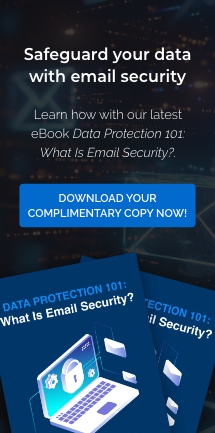While many IT providers tout the revolutionary benefits of the cloud, very few address the security aspect of it. The fact is, when you’re using a cloud service, you’re moving information out of your hands and into a third party. So doesn’t it make sense to take precautions? Dropbox alone has had the accounts of nearly seven million users hacked. That being said, it’s wise to take precautions and ask the right questions to a cloud computing provider. That’s why we’ve compiled a to-do list to ensure cloud security.
Ask your IT provider what cloud security policies they have in place
This is probably the single most important security measure you can take. Find a trusted IT provider and have a candid conversation with them about their cloud security policies.
Ask where the physical cloud servers are located
When you have “the conversation,” don’t forget to ask about this. Believe it or not, some cloud servers may not even be located in your own country. Wherever they are, it’s wise to make sure they’re located in a safe data center with proper security afforded to them.
Create unique usernames and passwords
Your login credentials represent one of the cloud’s main security vulnerabilities. Think of a better password than “12345” or “football.”
Use industry standard encryption and authentication protocols
IPsec (Internet Protocol Security) is a reliable technology choice.
Encrypt data before it’s uploaded to the cloud
Encryption is a must, and can be done by you or your cloud service provider. Should hackers manage to access your data, they’ll find it useless because they can’t make heads or tails of it.
When it comes to trusting the security protocol of a cloud service provider, transparency is key. They should take security seriously, be able to explain their security policies clearly, and be willing to answer any questions. If they can’t do one of these, that’s a red flag telling you to find another vendor.
Are you ready to talk cloud security and transition your business into the cloud? Call us today. We’re happy to answer all your questions.

